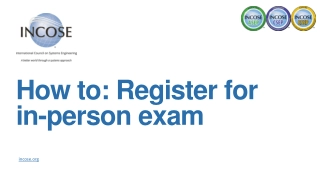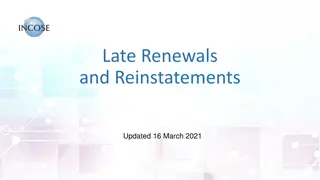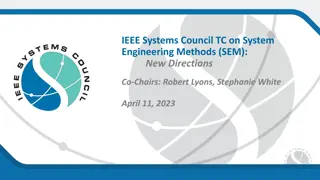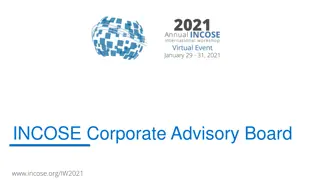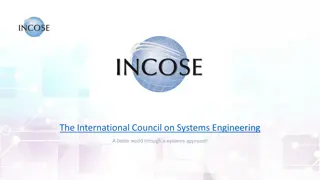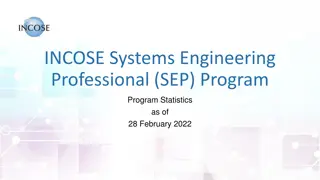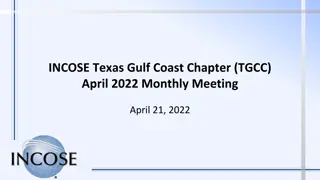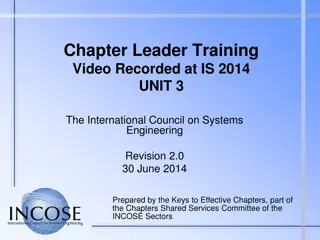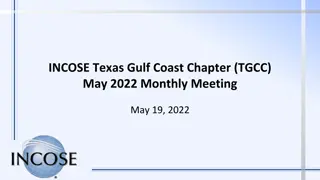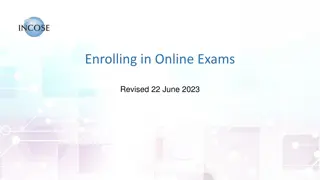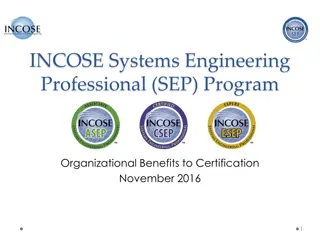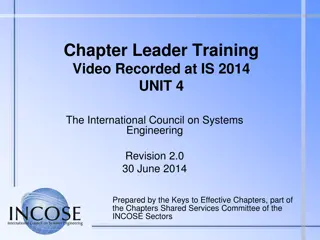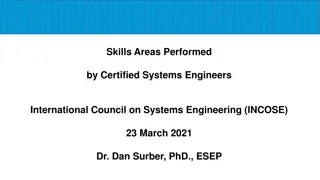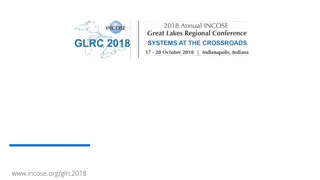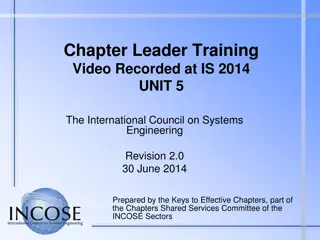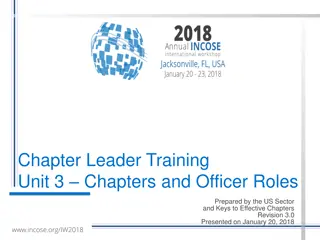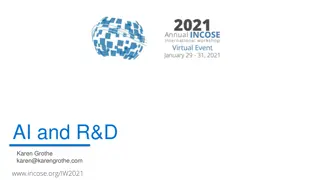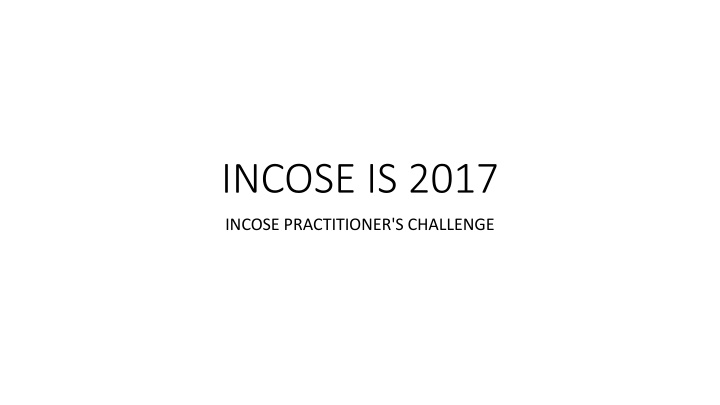
Addressing the Plastic Pollution Crisis with Innovative Solutions
Learn about the plastic pollution crisis affecting our oceans and wildlife, and explore potential solutions such as changing to biodegradable plastics, incentivizing substitutes, and eliminating the need for plastic use. Discover the challenges faced in finding adequate substitutes and the importance of political and regulatory frameworks in tackling this urgent issue.
Download Presentation

Please find below an Image/Link to download the presentation.
The content on the website is provided AS IS for your information and personal use only. It may not be sold, licensed, or shared on other websites without obtaining consent from the author. If you encounter any issues during the download, it is possible that the publisher has removed the file from their server.
You are allowed to download the files provided on this website for personal or commercial use, subject to the condition that they are used lawfully. All files are the property of their respective owners.
The content on the website is provided AS IS for your information and personal use only. It may not be sold, licensed, or shared on other websites without obtaining consent from the author.
E N D
Presentation Transcript
INCOSE IS 2017 INCOSE PRACTITIONER'S CHALLENGE
Situation Overview Plastics have long been hailed as a light, safe alternative to glass containers Plastics take an average 450 years to decompose In the US alone, over 35 billion plastic water bottles are thrown away each year Worldwide, over 500 billion plastic bags are used annually. Plastics from all over the world find their way into streams and rivers, and eventually make their way to the sea. Synthetic fabrics degrade into small plastic fibers that can make their way to the ocean About 19 Billion tons of plastic waste end up in the oceans each year and the amount of global trash is expected to increase every year for the next century!
Initial containment actions Collect Dispose Reduce island size and filter plastic out. Prevent What do we do with the filtered plastic Prevent more plastic from getting into the ocean.
Stakeholders Marine Biodiversity People Boat/Ship Individuals Defense Fish/Animals Government Politicians Pleasure NGOs Water Quality Cargo Fishers
Plastic Lifecycle Change to BIO-DEGRADABLE Incentivize / Innovate for Substitutes that are BIO- DEGRADABE ELIMINATE THE NEED FOR PLASTIC USE DISPOSE
Inadequate substitutes Indirect disposal Economic Material not biodegradable Micro-plastic from domestic products in dark water Substitutes are expensive Cheap to manufacture Water run-off from landfill Material used to create plastic is cheap and readily available Cheap to dispose than recycle / reuse Substitutes are labour intensive Plastic in ocean Disposal of fishing nets Politics support not available to make a change Not all plastic can be reused Technology not available to reuse all plastics Barrage dumping Legal commercial and private shipping waste dumping in ocean Regulatory framework not available to incentivise good behaviour over bad behaviour. Collection for reuse not provided Inability to Reuse Politics & Regulation Direct disposal Fishbone Analysis for Plastic in Ocean
Discussion Pollution Causes / Levers Inappropriate disposal Fines for bad disposal Rewards good disposal Lack of bio-degradability alternatives Incentivise innovation for substitute bio-degradable alternatives Reduce / minimize use of non-bio-degradable plastics through appropriate social, political, legislative levers Communicate / Mark Plastics for their environmental friendliness (degradability) Inability to re-cycle / re-purpose Reduce / minimize use of non-bio-degradable plastics through appropriate social, political, legislative levers Incentivise innovation to re-cycle / re-purpose (non-bio degradable) waste plastic Humans Need for Plastics Eliminate the need for use of Plastics where possible Incentivise innovation for substitute bio-degradable alternatives Reduce / minimize use of non-bio-degradable plastics through appropriate social, political, legislative levers Incentivize innovation in the Inappropriate containment of disposed / waste plastics
Sorting and Dispose Proposals Package to Dispose Manufacturing Energy Compost Other 3D Printers Bury Toys Benches Research and development Incineration Biological Shoes Launch to Sun Jewelry Recycling
Challenges - Collection Time to Degrade Environmental Impact Commitment to change Navigation hazard Ocean Flow Sources Large to molecule Trend of size/output Volume Types Global Solid Molecule to gone % of Time to Dump Countries Fluid large:small
Challenges - Disposal Technological Issues Complexity Risk Obsolescence Sorting Issues Information Issues PVC HDPE PET Misinformation Inaccuracies Logistics Issues External Issues Research and Analysis Scale Storage Location Social Issues Political Issues Organizational Issues

